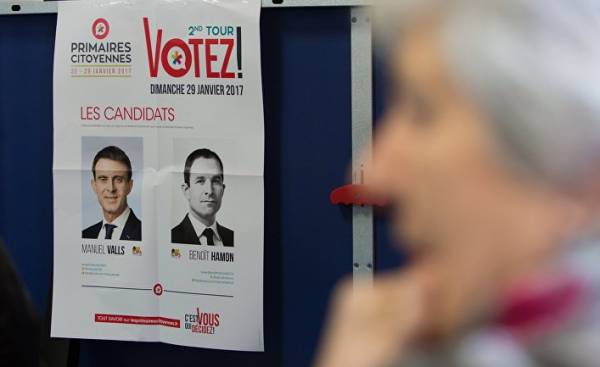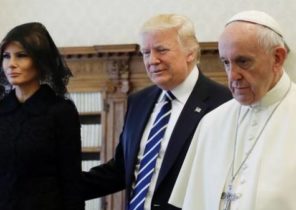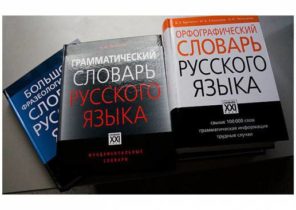
This article is the second in a cycle of Libération for the first time going to the polls the French. We contacted the 18 young people who will be the first time to vote in France for the presidential elections, and gathered them together in a group in Facebook. From February 21 to may 7, we discuss what they expect and what is expected first in their life major political events.
In the memory of each generation must have left a trail of some significant political moment: the election of françois Mitterrand in 1981 in some or the second round of the Chirac-Le Pen in 2002, others. This election will certainly be remembered by the whole generation of those who for the first time will go to the polls. In addition, they be an occasion to discuss with the family ideas, candidates and campaigns. Some of these conversations have shaped political views.
“Interest in politics came to me thanks to the father, and so from birth, in the political world, I first fed it was his idea,” admits Miguel S. in Facebook. Anyway, over time he has formed a “critical spirit.” Martin L., who first supported Jadot, and then sided with Amon, talks about politics with his brother, because they share “lots of ideas”: “He, like me, have to keep it a secret from the father, which, by the way, we often discuss this topic. Father — centrist. He was active in the Giscard, when he was 20. We could calmly discuss with him some ideas of ultra, although we have completely different positions on issues such as, for example, ecology. With his mother increasingly difficult. She is right and often goes on talking”.
Family circle
Others, like Sasha T. (going to vote for marine Le Pen), say that they live in a state of collision of ideas, in particular with a mother who adheres to absolutely other opinion: “Mom — “pianistka” the man of right views. It does not reflect on our relationship and relationships with friends, most of which do not agree with my ideas. I know how to draw the line between politics and everything else”. Miguel S. also has to deal with the political dissent of the family, “Father — right, like all other members of the family in varying degrees. I’m the only one left, and therefore controversy, especially during the election period, very strong. I think that they are important, but looking back, I understand that it is a dialogue with the deaf-blind,” he says, not hiding his irritation at the fact that it is called the “conformist”.
Despite the controversy, answered our questions, young people emphasize the need for discussion before the election. Matilda T. is active in the associative environment and does not know who to vote for, but says that it annoys “the reluctance to discuss failure to listen to the arguments even if you disagree with them. Efforts to understand the need to work with both sides, otherwise it will not work!” Clarissa D. yet what is also not made a choice, but believes that “the discussion allows you to gain confidence. Only due to the disputes I am completely sure that think, and the values are”. Milan C. in turn emphasizes that he was tired of “unwillingness to discuss and be open to opposite ideas.”
Information environment
Youth also have to deal with the increasing number of sources of information, both serious and not too. Most people get information from social networks, which put everyone on one level. Martin L. sees potential risks: “I admit that I was surrounded by left the information space, but I don’t think it somehow prevents me from making critical judgments.” “I don’t like the lack of gradation information in articles in social networks,” says Milan C.
They all read the mainstream media like le Monde, France Inter, les Inrocks, l Obs, Libération, le Figaro, BFM and Buzzfeed, but some refer to other sources. Damien E. says comes to “alternative” media, like the page of Jean-Luc Mélenchon in Facebook. Sascha T. says that is funded by the Russian government Sputnik and RT allow you to “move away from traditional media, which can influence their owners.” Clarissa D. and Miguel C. stopped watching all-news channels (“I can’t stand them,” admits the second). Living in London Eva N. Don’t even watch TV, preferring radio and in particular the “Patrick Cohen (Patrick Cohen) on France Inter” and Nicole Ferroni (Nicole Ferroni).







